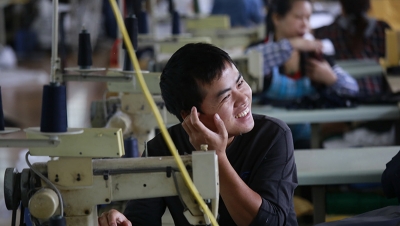Field Opacity and Practice-Outcome Decoupling: Private Regulation of Labor Standards in Global Supply Chains

Key Insights for Managers
Do supplier and worker characteristics and private regulation in Chinese supplier factories affect compliance of labor codes of conduct? Kuruvilla, Loui, Li and Chen perform a case study of 2 specific brands to answer this: a global apparel supplier and a global home products retailer. Private regulation, in the form of a buyer’s audit scores, share in supplier’s production and years supplying the brand, did not yield better compliance in terms of violations regarding wage, hours, overtime pay and social security contributions. However, supplier characteristics like ownership (foreign- owned or foreign-invested), location (more remote), and size (greater) were significantly linked to lower violations. Worker attributes such as gender (male), tenure, and age were also positively linked with better compliance. Multilevel linear regression modeling was used to predict outcomes.
